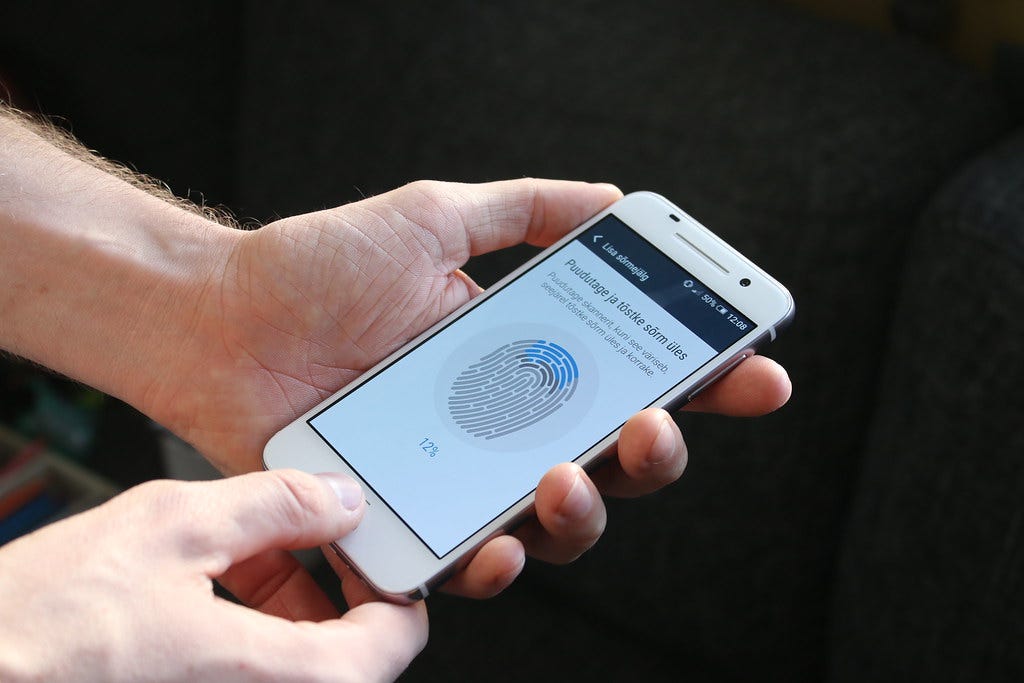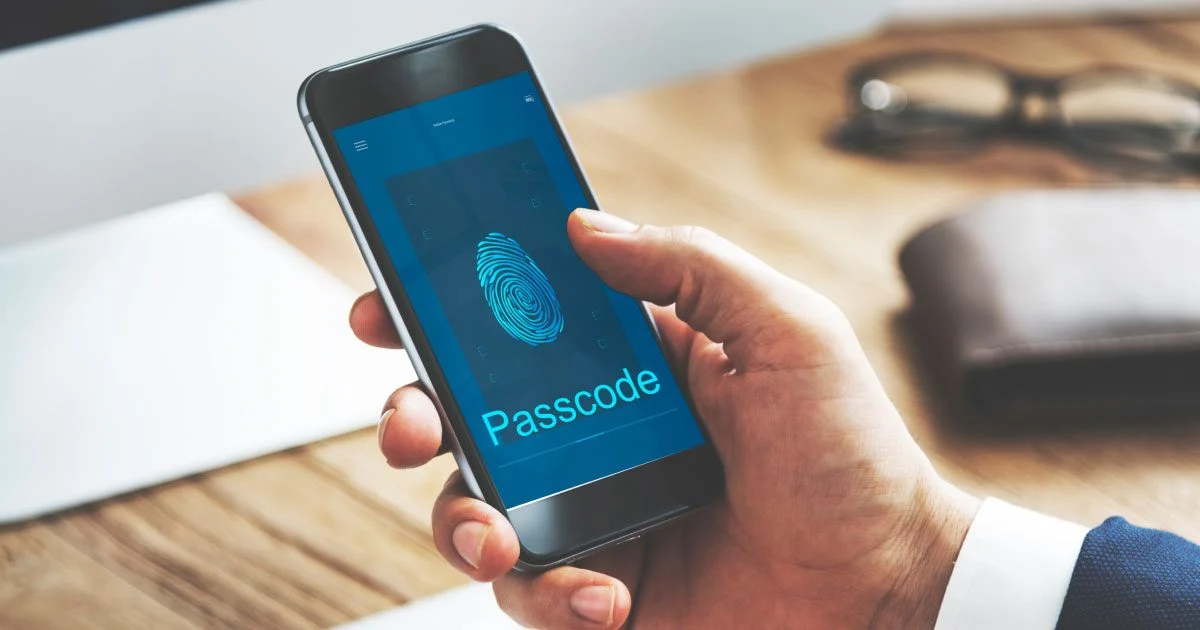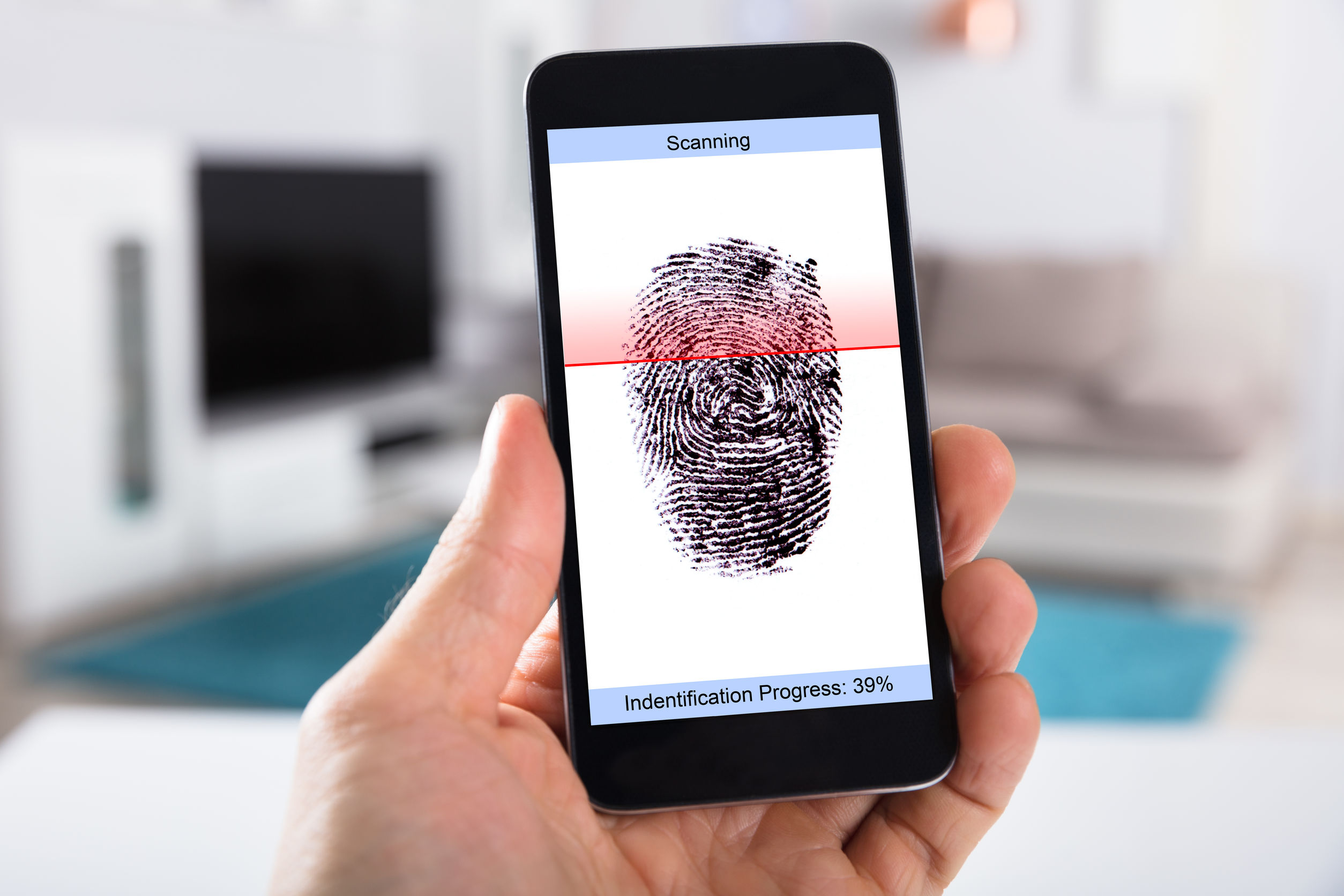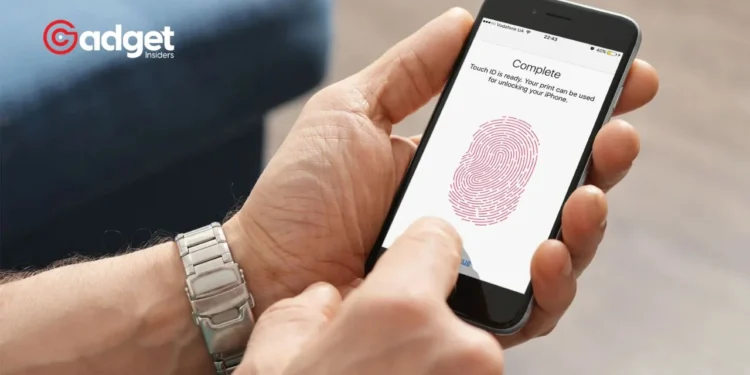In a pivotal decision that stirs both legal and privacy concerns, the US Court of Appeals for the 9th Circuit has ruled that police can compel a suspect to unlock their phone using a thumbprint. This ruling, which resonates deeply within an unsettled area of law, clarifies that such an act does not violate the Fifth Amendment’s protection against self-incrimination.
This decision marks a significant moment in the ongoing discourse around the intersection of technology and law enforcement.

The Essence of the US Court’s Decision
The case at the US Court in question involved Jeremy Travis Payne, a California parolee arrested in 2021 and charged with possession with intent to distribute various controlled substances. The dispute centered on whether law enforcement could forcibly use Payne’s thumb to unlock his phone during the investigation.
Ultimately, the court decided that using Payne’s thumbprint was non-testimonial because it required no cognitive effort from Payne—similar to obtaining a blood draw or a traditional fingerprint during booking.
The ruling stated, “When Officer Coddington used Payne’s thumb to unlock his phone—which he could have accomplished even if Payne had been unconscious—he did not intrude on the contents of Payne’s mind.”
This delineation underscores the court’s view that the physical act of unlocking a phone does not equate to the mental process of divulging knowledge.
Cops can force suspect to unlock phone with thumbprint, US court rules. Ruling: Thumbprint scan is like a "blood draw or fingerprint taken at booking."https://t.co/CxiboreKrl
— Jason Savitt (@jsavitt) April 19, 2024
The Intellectual Divide: Physical Keys vs. Mental Testimony
The US court’s decision has sparked a discussion on whether biometrics, such as fingerprints used to unlock devices, should be considered testimonials.
Payne argued that using his biometrics was akin to providing a physical key to a safe but also confirmed ownership and authentication of the phone’s contents, which he viewed as a testimonial act.
However, the court disagreed, emphasizing that Payne did not have to acknowledge the existence of any incriminating content, merely providing access to potential evidence.

This decision of the US Court draws on precedents like Doe v. United States (1988) and United States v. Hubbell (2000), where the Supreme Court differentiated between acts that require cognitive effort and those that do not.
In Doe, the act of signing consent forms was not testimonial because it did not directly convey information about the records’ existence or authenticity.
Conversely, in Hubbell, the act of producing documents was considered testimonial because it required the defendant to use “the contents of his mind” to identify and assemble the documents requested by the subpoena.
Implications for Privacy and Security
This ruling is likely to have profound implications for privacy rights and the security of personal information. It raises questions about the extent to which individuals can protect their digital information from government scrutiny.
With biometric security features becoming a standard on most smartphones, the boundaries of legal searches are being tested in new and complex ways.

Looking Ahead: The Future of Biometric Legal Battles
As technology evolves, so too will the legal frameworks governing its use. This case at the US Court may set a precedent for how biometric data is treated in the legal system, but it also opens the door for further debates and potentially, new rulings that could redefine privacy rights in the digital age.
The balance between aiding law enforcement and protecting individual privacy rights will continue to be a pivotal issue as more cases challenge the limits of what is considered testimonial versus non-testimonial in the context of modern technologies.
As this legal arena evolves, both the public and the US courts will have to navigate the intricate dance between innovation and individual rights.










